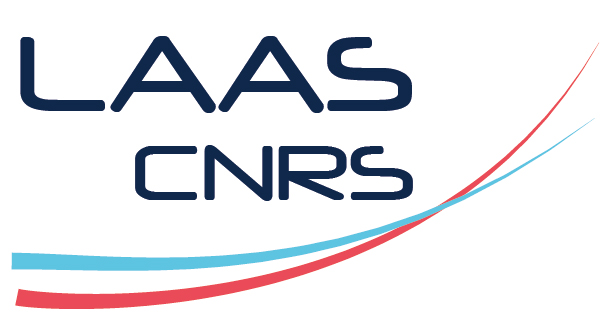Erkundung potentieller Energieoberflächen, um Sattelpunkte über konvexen Regionen zu erreichen
Exploring potential energy surfaces to reach saddle points above convex regions
Explorer les surfaces d'énergie potentielle pour atteindre les points selles au-dessus des régions convexes
Résumé
Saddle points on high-dimensional potential energy surfaces (PES) play a determining role in the activated dynamics of molecules and materials. Building on approaches dating back more than 50 years, many open-ended transition-state search methods have been developed to follow the direction of negative curvature from a local minimum to an adjacent first-order saddle point. Despite the mathematical justification, these methods can display a high failure rate: using small deformation steps, up to 80% of the explorations can end up in a convex region of the PES, where all directions of negative curvature vanish, while if the deformation is aggressive, a similar fraction of attempts lead to saddle points that are not directly connected to the initial minimum. In high-dimension PES, these reproducible failures were thought to only increase the overall computational cost, without having any effect on the methods’ capacity to find all saddle points surrounding a minimum. Using activation-relaxation technique nouveau (ARTn), we characterize the nature of the PES around minima, considerably expanding on previous knowledge. We show that convex regions can lie on activation pathways and that not exploring beyond them can introduce significant bias in the saddle-point search. We introduce an efficient approach for traversing the convex regions, almost eliminating exploration failures, while multiplying by almost 10 the number of identified unique and connected saddle points as compared to the standard ARTn, thus underlining the importance of correctly handling convex regions for completeness of saddle point explorations.
Fichier principal
 source_HAL.pdf (19.72 Mo)
Télécharger le fichier
source_HAL.pdf (19.72 Mo)
Télécharger le fichier
 supplemental_material.pdf (104.67 Ko)
Télécharger le fichier
Exploration_from_min.mp4 (4.26 Mo)
Télécharger le fichier
Solve_cycling.mp4 (1.83 Mo)
Télécharger le fichier
artn.txt (23.36 Ko)
Télécharger le fichier
supplemental_material.pdf (104.67 Ko)
Télécharger le fichier
Exploration_from_min.mp4 (4.26 Mo)
Télécharger le fichier
Solve_cycling.mp4 (1.83 Mo)
Télécharger le fichier
artn.txt (23.36 Ko)
Télécharger le fichier
| Origine | Fichiers produits par l'(les) auteur(s) |
|---|---|
| Commentaire | main text |
| Format | Figure, Image |
|---|---|
| Origine | Fichiers produits par l'(les) auteur(s) |
| Commentaire | explanation of the videos |
| Format | Vidéo |
|---|
| Format | Vidéo |
|---|
| Commentaire | gnuplot code to create the videos, the .txt is .gnu unaccepted by HAL |
|---|

